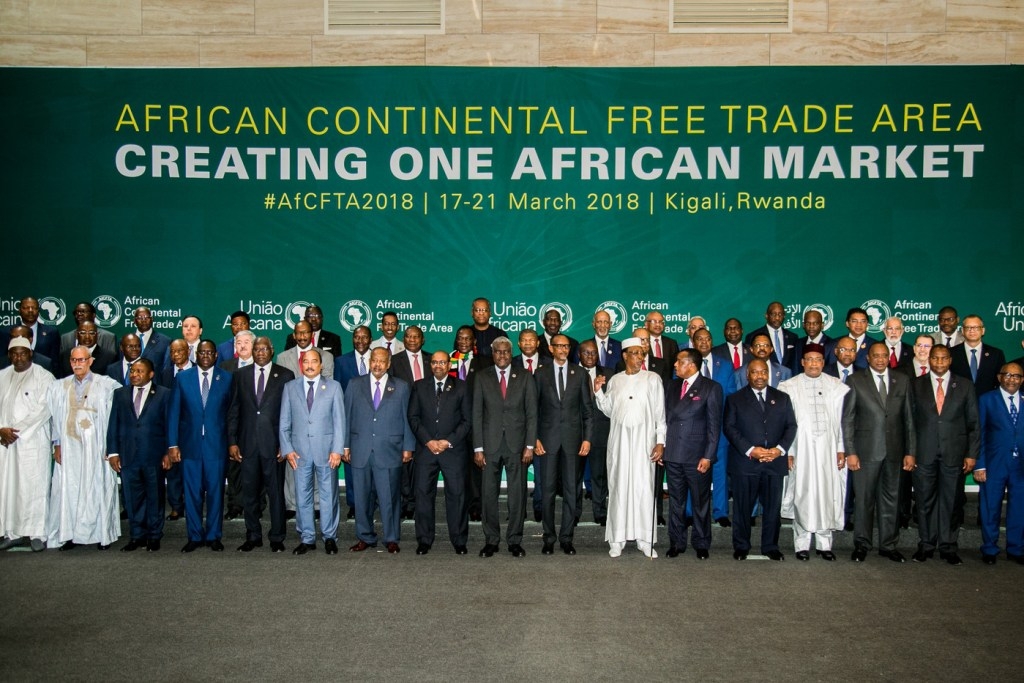
Intra-African trade:Continental Free Trade Area established
Forty-four African countries, including Cameroon, signed the agreement establishing a Continental Free Trade Area in Africa (CFTA) on 21 March 2018 in Kigali, Rwanda. This area is considered vital to Africa's economic development as it will foster increased intra-African trade. This Framework Agreement dates back to the 18th session of the African Union (AU) that held in January 2012 in Addis Ababa, Ethiopia. The CFTA is one of the key projects highlighted by the AU in its Agenda 2063. It is a long-term development programme that seeks to facilitate the movement of goods and people within the African continent.
The AU estimates that the implementation of the CFTA will help increase the level of intra-African trade by almost 60% by 2022. Currently, only 16% of Africa trade with Africa. Over time, the CFTA will lead to the gradual elimination of tariffs between member countries, thus promoting trade within the continent and enabling African countries to free themselves from an economic system that is too focused on the exploitation of raw materials. As a reminder, the Kigali agreement can only come into force in at least 180 days, but not before it has been ratified by at least 22 countries among the signatories.
According to Cameroon Minister of Trade Mr. Luc Magloire Mbarga Atangana, the draft instruments negotiated by the ministers and submitted for signature by the Heads of State and Government include the Framework Agreement itself, the Protocol on Trade in Services, as well as the Protocol on Trade in goods and its Annexes, which include issues such as rules of origin, trade facilitation, transit facilitation, non-tariff barriers, technical barriers to trade, sanitary and phytosanitary and trade remedial measures.
It is also noteworthy that goods and services covered by the Agreement have been divided into three categories. "The first includes 90% of the tariff lines, which must be liberalised over a period of five years, except for the least developed countries that have a period of ten years," the Minister of Trade said. The second category includes a list of sensitive products, whose liberalisation schedule covers ten years, excluding the least developed countries which have been granted a period of thirteen years. The last category relates to products excluded from liberalisation.
(Source / Cameroon Tribune No. 115667736 28 March 2018)
